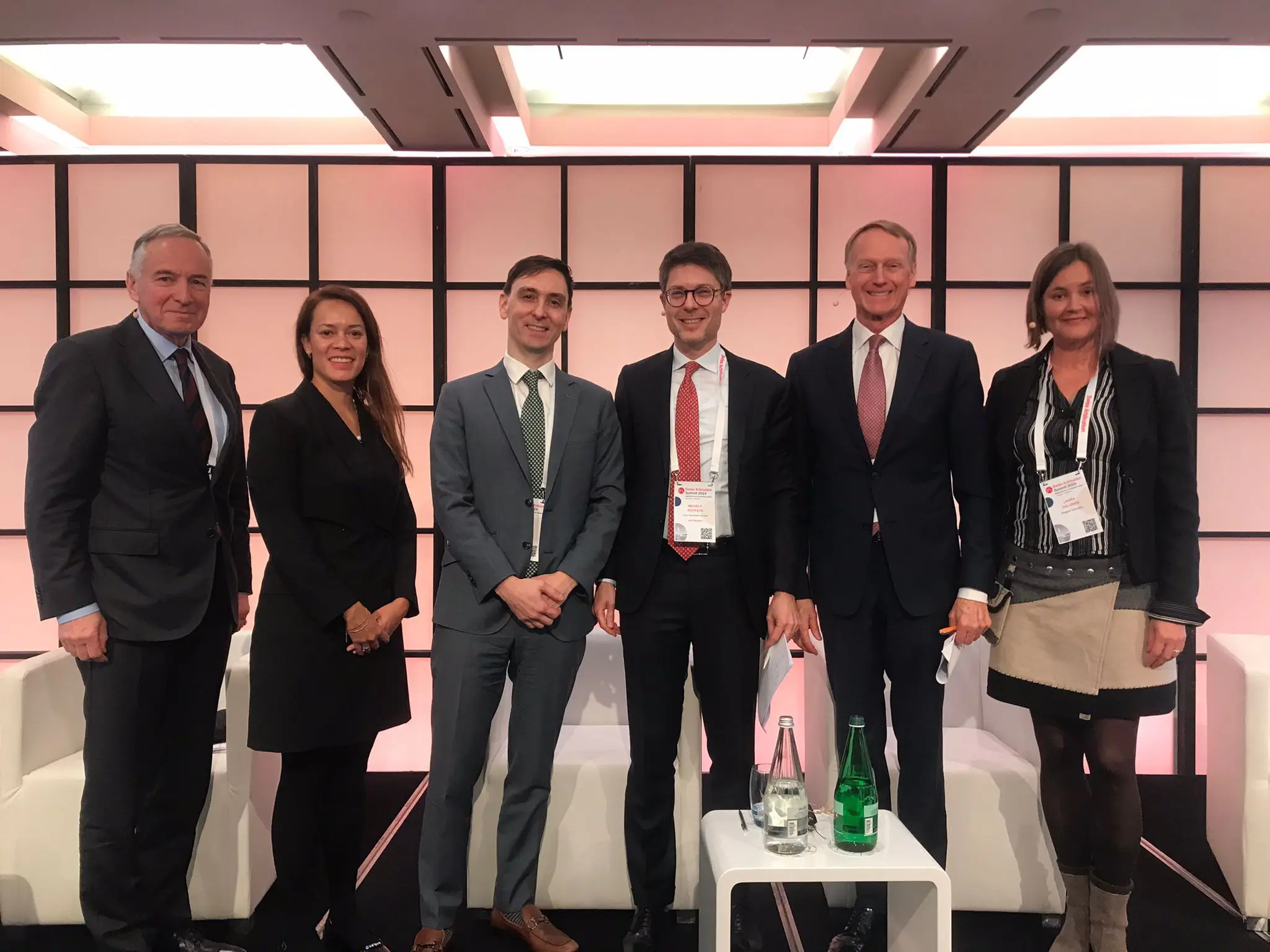The Swiss Arbitration Summit organised by ASA – Swiss Arbitration Association and held in Geneva last week was not all cocktails and frolicking in the snow – interesting and topical issues in arbitration were discussed as well!
The first panel of the ASA conference on Friday was co-moderated by Michele Potestà and WagArb Of Counsel Laura Halonen. The topic was “Arbitrating Conflict: What Role for Switzerland in Promoting the Peaceful Settlement of Disputes?”
Christopher Thomas KC kicked off the discussion by explaining the seismic importance to future world politics of the Alabama Claims Arbitration (named after a ship and not the US state!) seated in Geneva in 1872. While according to Chris modern practitioners would hardly recognise the way in which the arbitration was conducted, the fact that the US and Great Britain could settle their differences through arbitration cooled down geopolitical tensions and laid the foundation for the extremely strong relations that the two states have had ever since.
Next, Patrick W. Pearsall and Philippa Webb jumped ahead 1.5 centuries to the present day, discussing the Ukraine Claims Commission project. After Patrick set out the basics of where we are and how we got here, Philippa outlined some of the challenges stemming from lack of Russia’s consent to the process. In particular, she considered four potential routes to legally seizing and using Russia’s assets:
- Avoidance: avoid implicating the law of immunity by making the process of freezing and seizing an executive or legislative process, not a judicial one.
- Justification: Confiscation of Russian Central Bank assets may violate international law but it could be justified as a countermeasure if certain conditions are met.
- Evolution: Customary international law is capable of change on a global and regional basis.
- Exception: There is an exception to immunity for enforcement of an international (not domestic) judgment against state assets.
Patrick followed up with convincing reasons why it would be in Russia’s interest to consent.
Finally, Nicolas Michel brought the audience back to where it had started and gave his learned views on what is the role that Switzerland can play going forward. Most interestingly, he laid out the fundamentals of the legal concept of neutrality. This is linked to military assistance to parties in an international conflict and is not impacted by economic sanctions, which Switzerland has indeed imposed on a few instances in the past decades.
The audience questions and subsequent comments confirmed that the expertise of the panellists had made for an engaging session. It reminded us all that our skills can have an impact on the world stage and help in maintaining or achieving not just justice, but also peace.
#SwissArbitrationSummit #UkraineClaimsCommission #Neutrality #JusticeforPeace
